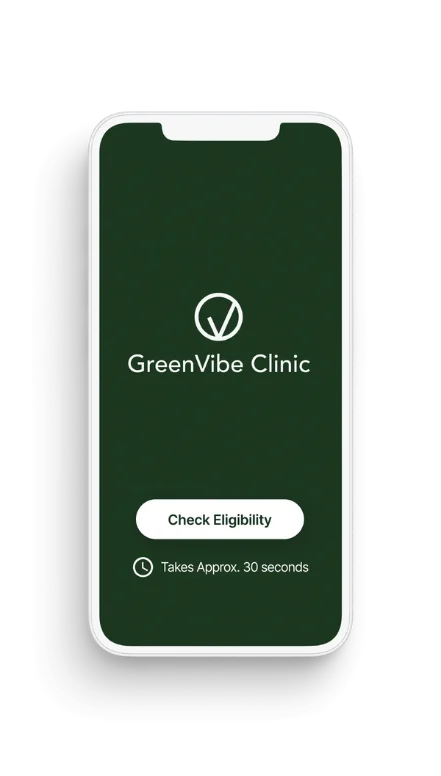Picture this: Your phone won’t stop buzzing, deadlines are looming, and your to-do list seems to be growing by the minute. Sound familiar? You’re not alone. Recent studies show that 77% of people regularly experience physical symptoms caused by stress, yet most of us feel we don’t have time for traditional stress management techniques.
The good news? Effective stress management doesn’t require hour-long meditation sessions or expensive retreats. This guide will show you practical, science-backed techniques that fit seamlessly into your busy schedule.
Understanding Modern Stress: The Hidden Impact
Before diving into solutions, let’s understand what we’re dealing with. Modern stress typically falls into two categories:
Acute Stress
- Immediate reactions to daily challenges
- Can actually be beneficial in small doses
- Helps meet immediate deadlines
- Provides motivation and focus
Chronic Stress
- Ongoing pressure and tension
- Leads to health issues
- Affects sleep quality
- Impacts relationship quality
- Reduces work performance
Research shows that chronic stress can reduce immune function by up to 30% and increase the risk of burnout by 50%. Understanding this impact makes stress management not just important, but essential.

Quick-Win Techniques: 60-Second Stress Relievers
1. The 4-7-8 Breathing Technique
- Inhale for 4 seconds
- Hold for 7 seconds
- Exhale for 8 seconds
- Repeat 3 times
Studies show this technique can lower heart rate and blood pressure in under a minute.
2. Desktop Reset
- Clear your workspace for 30 seconds
- Straighten your posture
- Roll your shoulders
- Take three deep breaths
- Reset your intention
3. Sensory Grounding
Use the 5-4-3-2-1 method:
- Notice 5 things you can see
- Touch 4 different textures
- Identify 3 sounds
- Notice 2 smells
- Focus on 1 taste

Mind-Body Techniques for Busy Schedules
Mini-Meditation Sessions
Research shows that even 2-minute meditation sessions can reduce stress levels. Try these:
- Morning Mini-Meditation
- Set your alarm 2 minutes earlier
- Focus on your breath before getting up
- Set an intention for the day
- Commute Meditation
- Use red lights as meditation prompts
- Practice mindful walking to/from your car
- Use transit time for guided meditations
Progressive Muscle Relaxation
A 3-minute version:
- Tense and relax your shoulders
- Clench and release your jaw
- Make and release fists
- Point and flex your toes
Lifestyle Integration: Making It Work
Time-Blocking for Stress Management
- Schedule 5-minute breaks every 2 hours
- Use the Pomodoro Technique (25 minutes work, 5 minutes rest)
- Block “worry time” to contain anxious thoughts
Digital Boundaries
Studies show that reducing phone notifications can lower stress by 32%:
- Set specific check-in times for emails
- Use “Do Not Disturb” features
- Create phone-free zones
- Implement digital sunsets
Environmental Adjustments
Workspace Optimisation
- Face your desk toward natural light
- Keep plants within view (reduces stress by 15%)
- Use noise-canceling headphones
- Create a clutter-free zone
Home Sanctuary Creation
- Designate stress-free areas
- Use calming scents (lavender, vanilla)
- Control light exposure
- Maintain organization systems
Long-term Resilience Building
Daily Practices
- Gratitude Journaling (2 minutes)
- Physical Movement (10 minutes)
- Social Connection (5 minutes)
- Mindful Eating (during meals)
Support System Development
- Identify key support people
- Schedule regular check-ins
- Join professional networks
- Consider stress management coaching

Emergency Stress Protocol
When feeling overwhelmed, use this 3-step reset:
- Pause
- Step away if possible
- Take three deep breaths
- Name your emotions
2. Assess
- Identify immediate needs
- List available resources
- Consider time constraints
3. Act
- Choose one small action
- Execute without perfectionism
- Acknowledge progress
Frequently Asked Questions
How Can I Manage Stress When I Have No Time?
Start with “micro-practices” – 30-second interventions throughout your day. Research shows that consistent small actions are more effective than occasional long sessions.
Will Stress Management Techniques Affect My Productivity?
Studies indicate that regular stress management can increase productivity by up to 20% through improved focus and decision-making abilities.
How Do I Know If My Stress Levels Are Dangerous?
Watch for these warning signs:
- Sleep disturbances
- Persistent headaches
- Difficulty concentrating
- Emotional volatility
- Physical tension
Can Stress Ever Be Good For You?
Yes, “eustress” or positive stress can enhance performance and motivation. The key is managing the intensity and duration.
How Long Before Stress Management Techniques Start Working?
Some techniques, like deep breathing, work immediately. Others, like meditation, show cumulative benefits over 2-8 weeks of regular practice.
Conclusion: Your Path to Stress Management
Remember, effective stress management isn’t about eliminating stress—it’s about developing a toolkit of techniques that work for your lifestyle. Start with one or two strategies that resonate with you and gradually build your stress management repertoire.
Take action now: Choose one quick-win technique from this guide and implement it tomorrow. Small steps lead to significant changes in how we handle life’s pressures.
Consider this: If you spend just 1% of your day (15 minutes) on stress management, you’re investing in the quality of the other 99%.
While these techniques are evidence-based, consult with healthcare professionals for persistent stress-related concerns.




